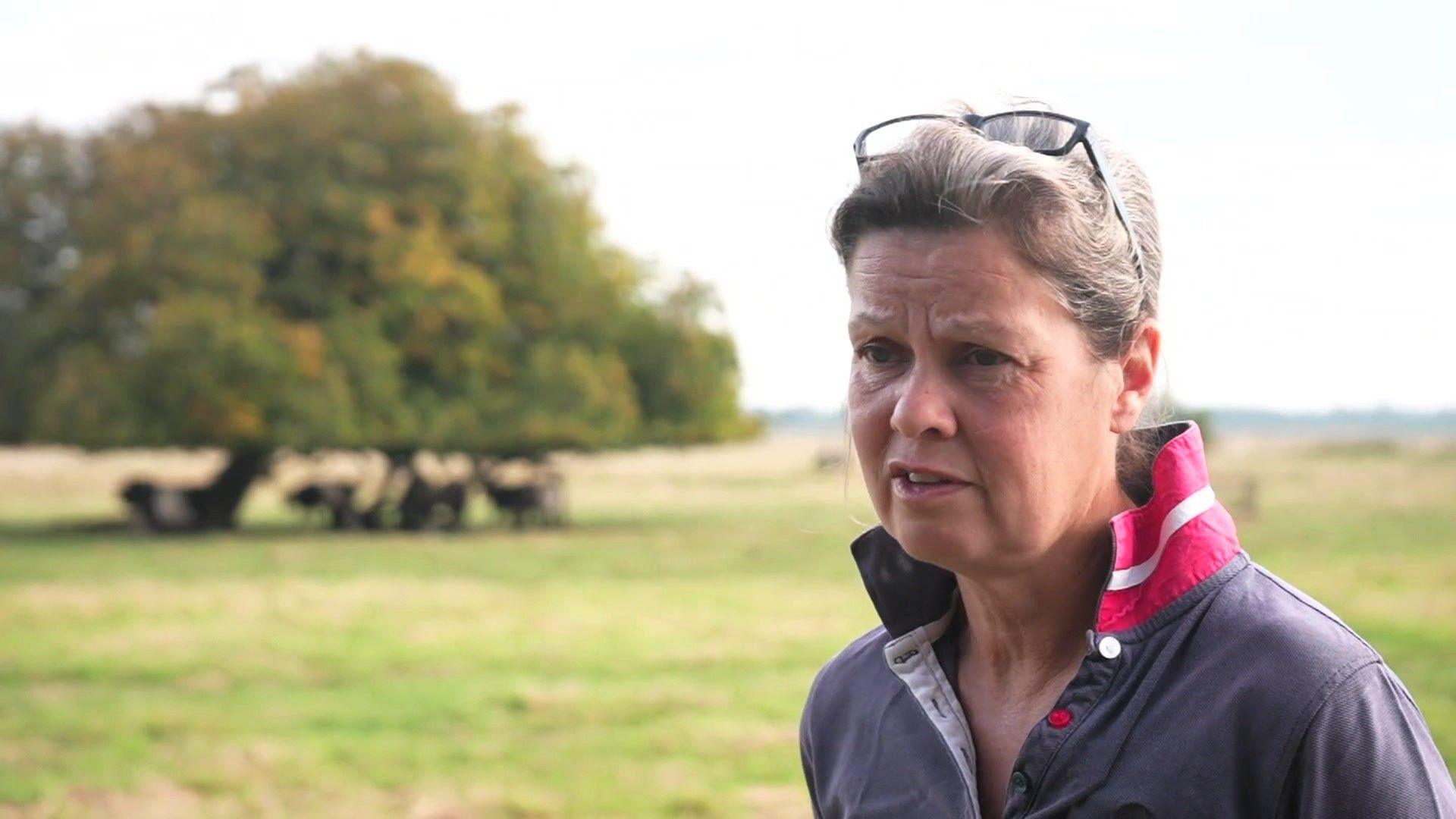Restrictions extended as bluetongue virus spreads
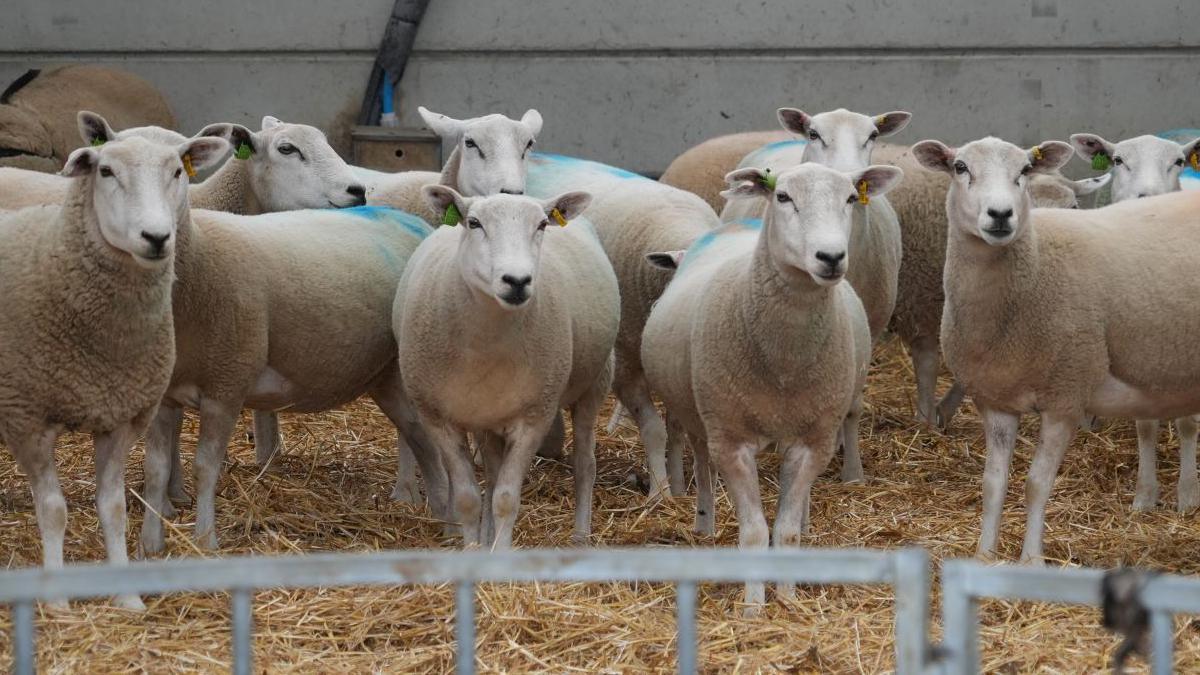
Restrictions on the movement of animals now cover three counties in the East of England
- Published
Restrictions on the movement of sheep and cattle have been extended after more animals tested positive for the deadly bluetongue virus.
The Department for Environment, Food and Rural Affairs (Defra) said Essex had been added to the restricted zone, external, which already included Norfolk and Suffolk.
It said 27 animals on 10 premises had been infected and advised keepers of livestock including cattle, sheep, goats, deer, llamas and alpacas to remain vigilant.
Bluetongue can cause infertility and breathing problems in some animals but does not affect people or food safety.
Defra said it could prove fatal for infected animals "in the most severe cases".
The virus is spread by the bites of midges that are often blown over from the continent during spells of warm weather.
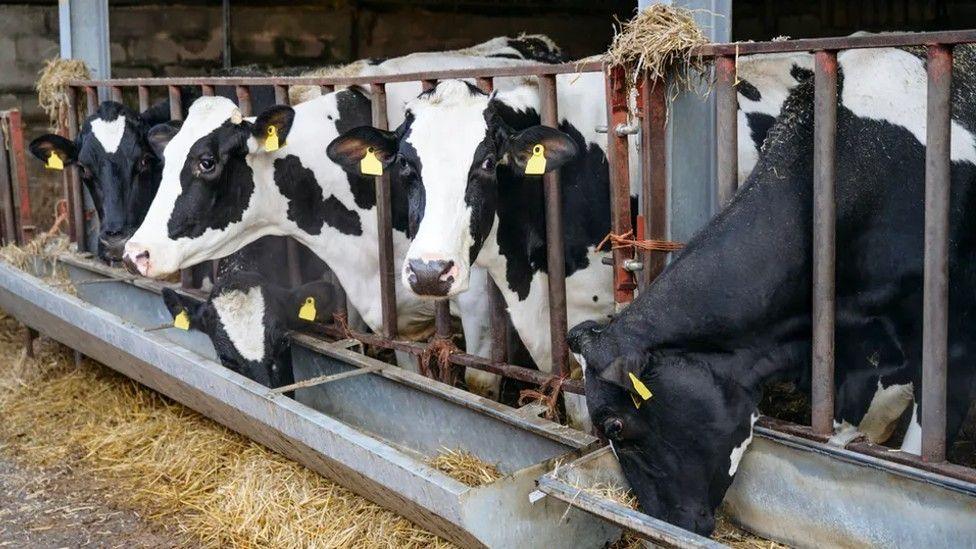
Farmers wishing to move animals may need to apply for a specific licence
The virus was first detected at a farm close to Haddiscoe, near Beccles in Suffolk on 26 August, and a 20km (12.4 mile) temporary control zone was put in place.
Restrictions were extended to the whole of Norfolk and Suffolk after more animals tested positive, and were extended further to include Essex on Monday.
Defra said farmers should continue to monitor their animals frequently and to report "suspicion of disease" immediately.
"Farmers can help minimise the risk of disease spread by not moving animals within the zone unless they really have to," a statement on its website said.
"Given the current temperatures and midge activity, there is a high risk of onward spread in the UK."
Last winter there were 126 bluetongue cases in England, external on 73 premises in four counties – none of which were in Essex.
Get in touch
Do you have a story suggestion for Essex?
Follow Essex news on BBC Sounds, Facebook, external, Instagram, external and X, external.
Related topics
- Published27 August 2024
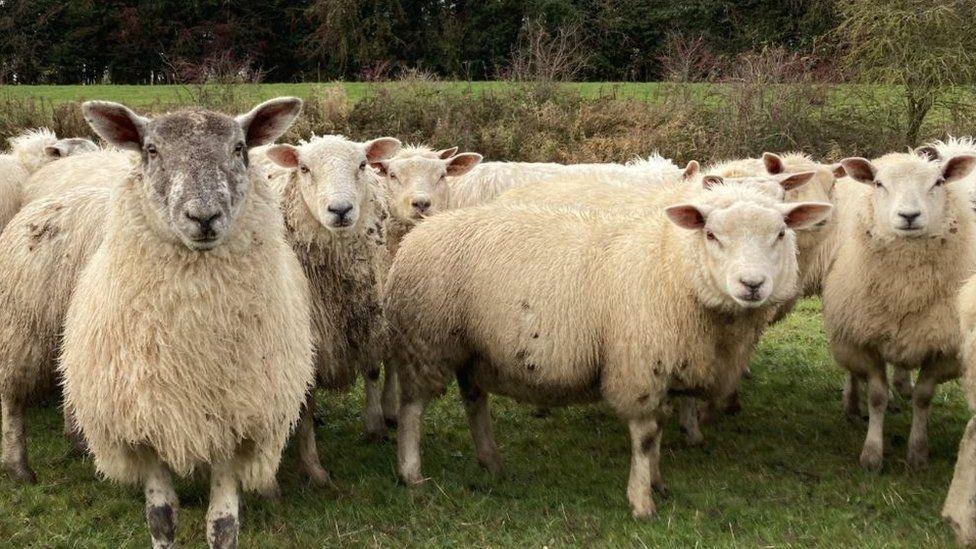
- Published29 August 2024
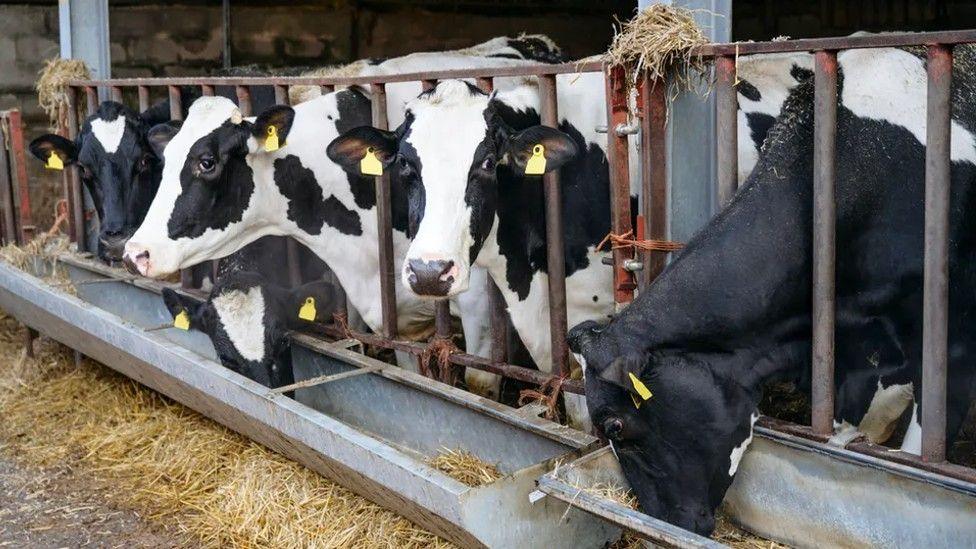
- Published29 August 2024
